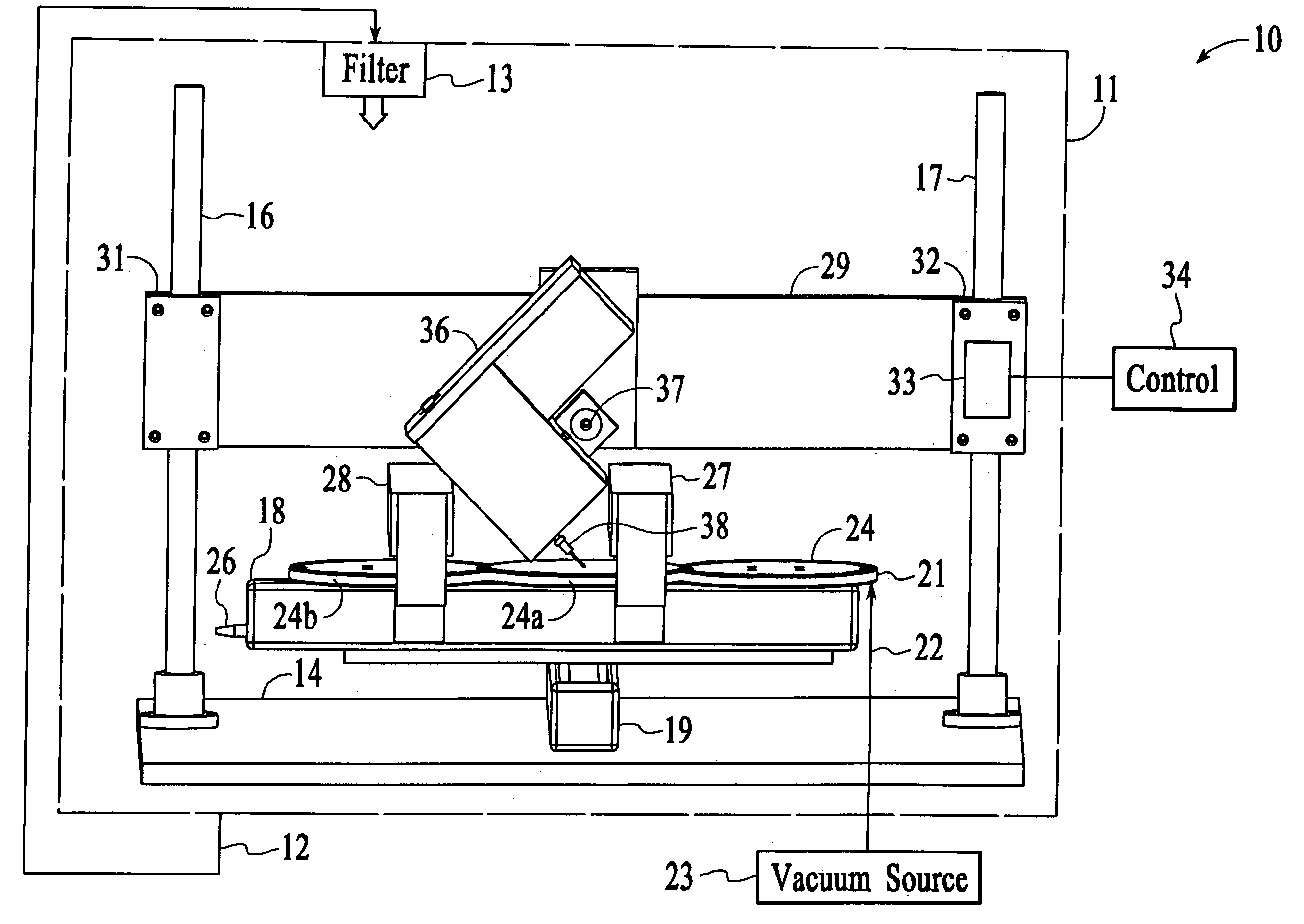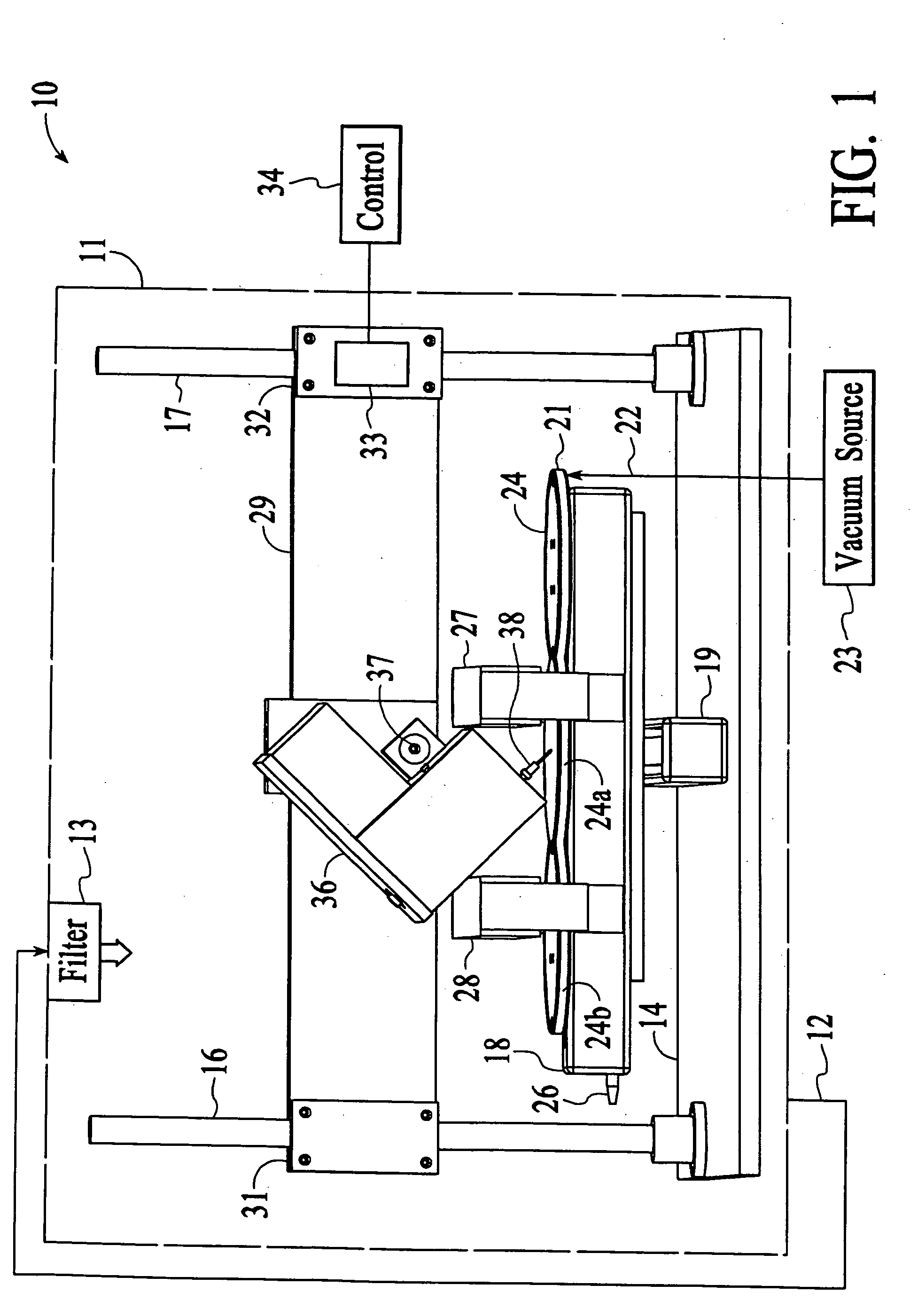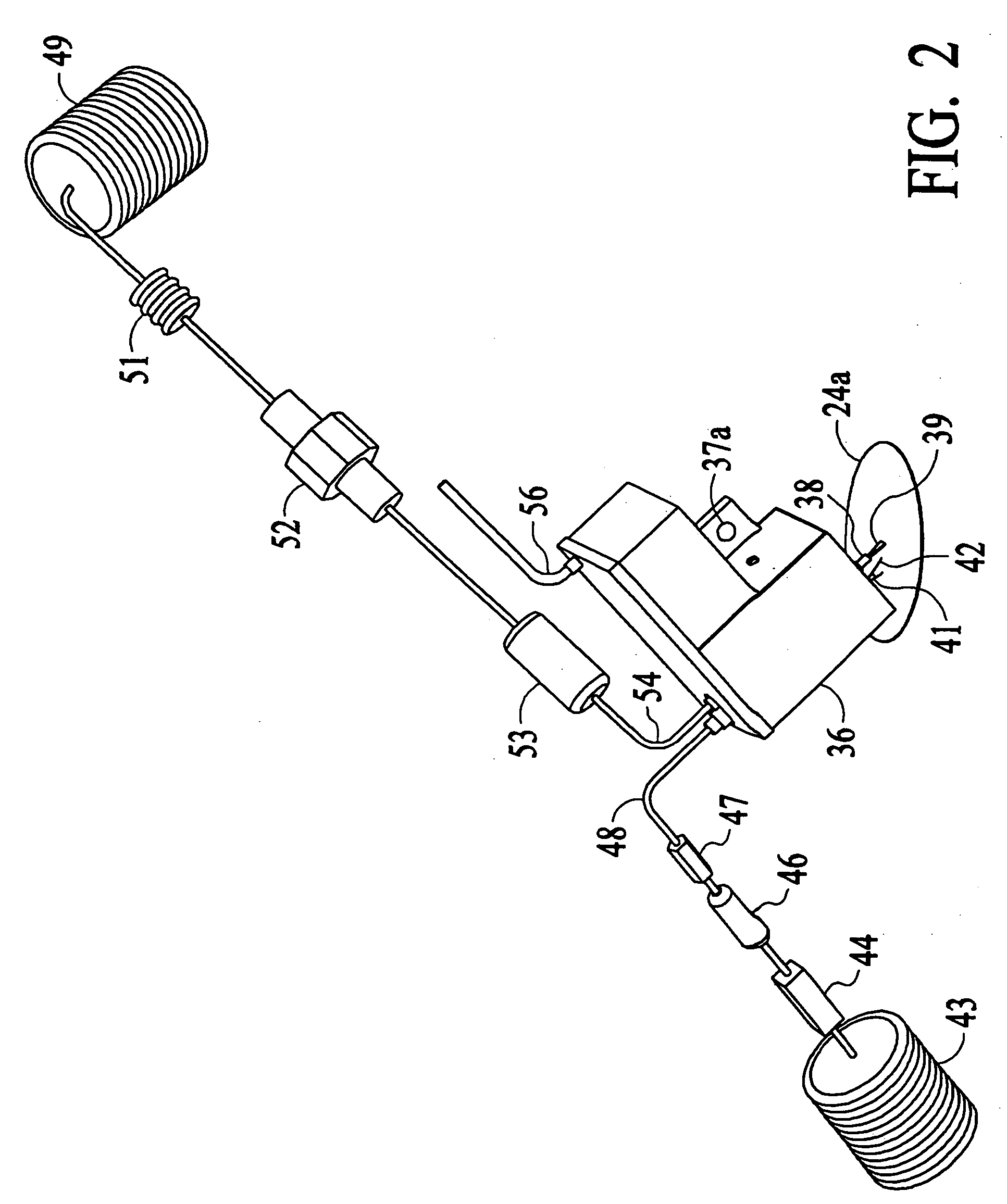Methods for residue removal and corrosion prevention in a post-metal etch process
a technology of metal etching and residue removal, which is applied in the direction of detergent compositions, cleaning using liquids, manufacturing tools, etc., can solve the problems of increasing cost, affecting the final product, and generally not liking wet chemistries, and achieves high selectivity, high throughput, and high selectivity to tin
- Summary
- Abstract
- Description
- Claims
- Application Information
AI Technical Summary
Benefits of technology
Problems solved by technology
Method used
Image
Examples
Embodiment Construction
[0036] The present invention will be described in greater detail with reference to certain preferred embodiments and certain other embodiments, which may serve to further the understanding of preferred embodiments of the present invention. As described elsewhere herein, various refinements and substitutions of the various embodiments are possible based on the principles and teachings herein.
[0037] In accordance with certain preferred embodiments of the present invention, a preferably all dry cleaning process can be implemented with any suitable plasma chamber. In the dry plasma process, plasma is created by converting molecules of a gas mixture to reactive species through external power such as microwave or RF sources. The reactive species are then transported to (or generated in the vicinity of) the wafer surface where they are adsorbed. The adsorbed species react with the surface to form volatile species, desorbs without reaction or preferably react with some compound and change ...
PUM
| Property | Measurement | Unit |
|---|---|---|
| pressure | aaaaa | aaaaa |
| time period | aaaaa | aaaaa |
| pressure | aaaaa | aaaaa |
Abstract
Description
Claims
Application Information
 Login to View More
Login to View More - R&D
- Intellectual Property
- Life Sciences
- Materials
- Tech Scout
- Unparalleled Data Quality
- Higher Quality Content
- 60% Fewer Hallucinations
Browse by: Latest US Patents, China's latest patents, Technical Efficacy Thesaurus, Application Domain, Technology Topic, Popular Technical Reports.
© 2025 PatSnap. All rights reserved.Legal|Privacy policy|Modern Slavery Act Transparency Statement|Sitemap|About US| Contact US: help@patsnap.com



